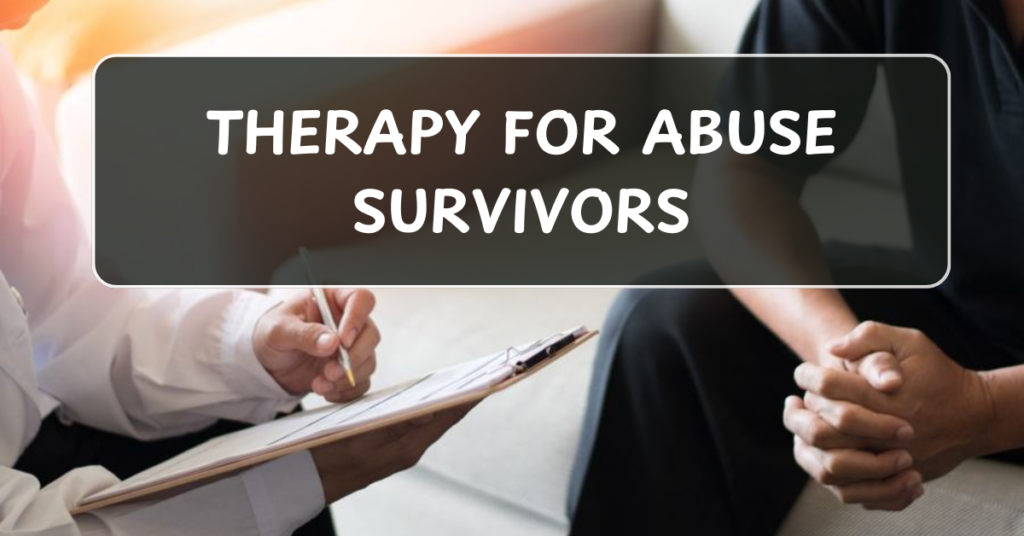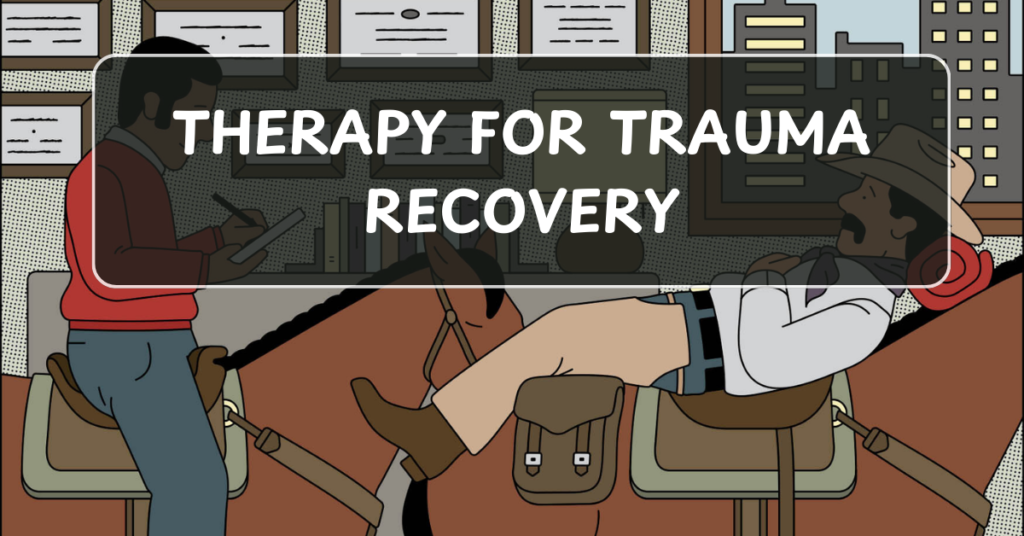
Domestic abuse, whether physical, emotional, or psychological, can leave deep and lasting scars on survivors. One of the most effective ways to begin healing from the trauma of domestic abuse is through counseling. Counseling provides a safe, supportive environment for individuals to process their experiences, rebuild their self-worth, and learn to navigate the complexities of life after abuse. In this article, we explore the types of counseling available for survivors of domestic abuse, the benefits of counseling, and how it can help individuals regain control of their lives.
1. The Importance of Counseling for Domestic Abuse Survivors
- Why Counseling is Crucial: Survivors of domestic abuse often face long-term emotional and psychological effects, including anxiety, depression, PTSD, low self-esteem, and difficulties with relationships. Counseling offers a structured, compassionate space to address these issues and begin healing.
- Understanding the Cycle of Abuse: Domestic abuse often involves a cycle of tension, abuse, and reconciliation. Counseling helps survivors understand this cycle and break free from the patterns of control and manipulation that perpetuate the abuse.
- Creating a Safe Space: Counseling provides an environment where survivors can express their feelings and experiences without fear of judgment. It’s a space to feel heard and validated, which is a crucial step toward emotional healing.
2. Types of Counseling for Domestic Abuse Survivors
- Individual Therapy: One-on-one counseling sessions allow survivors to focus on their specific experiences and emotions. Individual therapy provides a safe and confidential space for survivors to process their trauma, explore coping mechanisms, and set personal goals for recovery.
- Cognitive Behavioral Therapy (CBT): CBT is effective for survivors of domestic abuse because it helps them identify and challenge harmful thought patterns that have developed as a result of the abuse. This approach can help reduce symptoms of anxiety, depression, and PTSD.
- Trauma-Focused Therapy: This therapy specifically addresses trauma, helping survivors understand and work through the effects of abuse. It focuses on the impact of trauma on the survivor’s life and provides tools to cope with triggers and flashbacks.
- Dialectical Behavior Therapy (DBT): DBT helps survivors regulate their emotions, manage stress, and reduce self-destructive behaviors. It’s particularly helpful for survivors dealing with intense emotional responses due to their past trauma.
- Group Therapy: Group counseling provides survivors with the opportunity to connect with others who have experienced similar abuse. Sharing stories and learning from others can help reduce feelings of isolation and provide a sense of community. Group therapy can be particularly effective for building social skills and support networks.
- Support Groups for Survivors: Support groups focus on providing survivors with a network of understanding individuals. These groups may be led by a trained facilitator or counselor and focus on providing emotional support and shared healing experiences.
- Family Therapy: For survivors who have children or who are seeking to rebuild family relationships, family therapy can provide support. It helps address the effects of domestic abuse on family dynamics and can be instrumental in healing family relationships that may have been damaged by the trauma.
- Parent-Child Therapy: For parents who have experienced abuse, therapy can focus on how to create a safe, nurturing environment for their children, address any trauma that children may have experienced, and rebuild trust within the family unit.
3. Key Benefits of Counseling for Domestic Abuse Survivors
- Emotional Healing: Counseling provides a safe space for survivors to process the deep emotional pain caused by domestic abuse. Through therapy, survivors can start to understand and manage their feelings, allowing for emotional healing to take place.
- Rebuilding Self-Worth and Confidence: Domestic abuse often leaves survivors with diminished self-esteem and self-worth. Counseling helps survivors rebuild their confidence, recognize their strengths, and understand that they deserve healthy relationships and respect.
- Coping with Trauma and PTSD: Domestic abuse survivors often experience symptoms of PTSD, such as flashbacks, nightmares, and hypervigilance. Therapy helps survivors process these traumatic memories in a safe, structured manner and develop strategies to manage PTSD symptoms.
- Improving Relationships: Counseling helps survivors learn to trust again and establish healthy relationships. By exploring past patterns of abuse, survivors can learn to set boundaries, communicate effectively, and create new, healthier dynamics in their personal relationships.
- Empowerment and Control: One of the key benefits of counseling is that it empowers survivors to take control of their own lives. By working with a counselor, survivors can regain a sense of autonomy, rebuild their personal identity, and make informed choices about their future.
4. Overcoming Barriers to Counseling for Domestic Abuse Survivors
- Fear of Retraumatization: Some survivors may fear that talking about their trauma will bring up painful memories. A trained counselor will work to create a supportive environment that allows survivors to address their experiences at their own pace, avoiding retraumatization.
- Stigma and Shame: There is often stigma associated with being a victim of domestic abuse. Survivors may feel ashamed or embarrassed to seek help. Counseling provides a nonjudgmental space where survivors can work through these feelings and begin to understand that they are not to blame for the abuse.
- Financial and Accessibility Issues: Many survivors may face financial barriers to accessing counseling. Some therapists offer sliding-scale fees, and there are community organizations that provide free or low-cost counseling services. Online therapy platforms also offer flexible and affordable options.
- Lack of Support from Family or Friends: Survivors who don’t have a support system may find it challenging to access counseling. However, many counselors specialize in helping individuals who are isolated or who have limited social support, and group therapy can provide additional support.
5. The Role of a Therapist in Domestic Abuse Counseling
- Building Trust and Rapport: Establishing trust with the therapist is a key component of the counseling process. A therapist will work to create a safe, empathetic, and nonjudgmental environment to help survivors feel comfortable sharing their experiences.
- Personalized Healing Plans: Every survivor’s experience is unique, so a therapist will work with the individual to create a tailored treatment plan. This plan may include techniques such as talk therapy, mindfulness, coping skills training, and trauma processing strategies.
- Encouraging Growth and Empowerment: The therapist’s role is not only to help survivors heal but also to empower them to take control of their lives. Through therapy, survivors learn to identify their strengths, set goals, and make positive changes in their lives.
6. Conclusion: Taking the First Step Toward Healing
Counseling is a powerful tool for survivors of domestic abuse. By providing a safe space for emotional healing, teaching coping strategies, and empowering survivors to reclaim their lives, counseling plays a pivotal role in the recovery process. If you or someone you know is a survivor of domestic abuse, seeking counseling can be the first step toward healing and rebuilding a life filled with self-respect, confidence, and healthy relationships. Healing from abuse takes time, but with the right support, survivors can move forward and create a brighter future for themselves.


